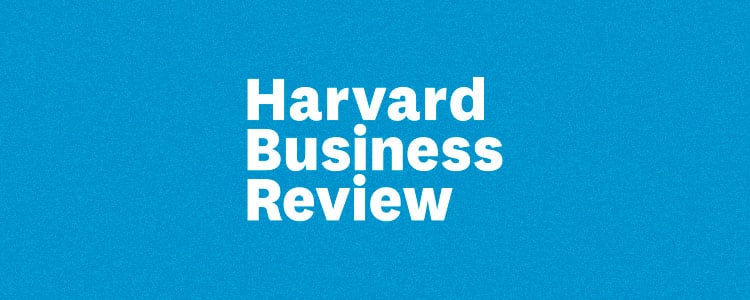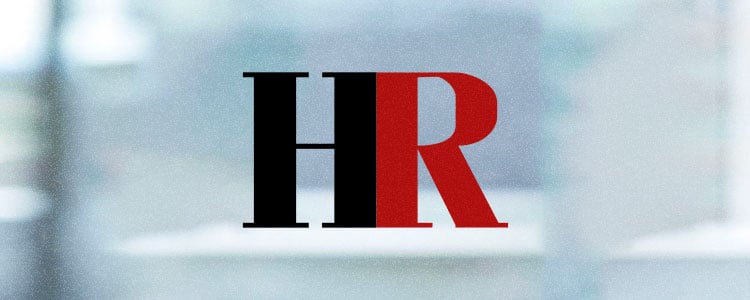The summer has quickly come and gone. It's been an interesting season in the world of work. While many businesses continue to take part in layoffs, others are also considering salary increases and still working to improve working conditions to remain competitive.
That said, let’s dive into some of the most notable content from the past month.
First, we take a closer look at recent research that shows the unmistakable impact of recognition on employee engagement and other critical HR metrics.
Second, we look to an unexpected reason behind employee dissatisfaction and disengagement, otherwise known as "quiet quitting."
Last, we check in on the world's largest 4-day workweek study at its halfway point to see how the results are progressing. The results may surprise you!
 Do You Tell Your Employees You Appreciate Them?
Do You Tell Your Employees You Appreciate Them?
From: Harvard Business Review
Topic: Recognition, management
In this article, you'll find impactful statistics about the importance of recognition.
Are you planning to implement a recognition program for your company? Even just thinking about it. If your colleagues are skeptical, consider the following statistics.
- According to the data collected by authors, every measure of morale, productivity, performance, customer satisfaction, and employee retention soars when managers regularly provide recognition.
- One of the most common complaints from employees is they don't receive enough appreciation.
- Yet 513 managers surveyed had a strong desire to give recognition, while 145 resisted giving it.
The bottom line, employees want more recognition, and even managers want to give it. The authors also have a few best practices for recognition to help get people started.
- Appreciation that is specific is far more powerful than a general “good job” comment. Describe a specific event or action and its impact on you, the team, the organization, or your customers.
- While recognizing outcomes is valuable, it’s also important to recognize those actions that led to the positive outcome. For example, an employee's tenacity, hard work, and creativity; in short, things they can control.
- Many people feel embarrassed being singled out publicly. Respect those who prefer their recognition to be private.
- Try to increase the frequency of recognition. It will give you more chances to practice and improve this skill while also making it more comfortable for the receiver.
 The link between quiet quitting and toxic positivity
The link between quiet quitting and toxic positivity
From: HR Magazine
Topic: Retention, culture
This article offers an unexpected take on the root cause of employee disengagement. Otherwise known as "quiet quitting."
The authors argue cultures characterized by excessive positivity, AKA toxic positivity, to be one of the culprits.
The author explains:
Companies may think they have a positive culture, however, in reality they might be ignoring what workers are telling them and masking any issues within the workplace all while expecting employees to maintain a positive face.
To avoid these cultural dysfunctions, employers should foster compassionate communication and embrace different viewpoints.
The author also suggests companies provide avenues for staff to voice their concerns and find confidential support, such as mental health first aiders. If you can address concerns before they turn into a bigger problem, you'll reduce quiet quitting and improve culture.
 UK Companies in 4 Day week Pilot Reach Landmark Halfway Point
UK Companies in 4 Day week Pilot Reach Landmark Halfway Point
From: 4 day week
Topic: Future of work
More than 70 companies in the U.K. are currently undergoing a six-month study in which employees are working a 4-day workweek (with no change in salary.)
The study follows 3,300 workers in banks, marketing, health care, financial services, retail, hospitality and other industries and is one of the largest studies to date.
Nearly halfway into the six-month trial, most companies say it's going very well.
Here are some of the top-line results:
- 85% said they were "likely" or "extremely likely" to continue the four-day workweek.
- 95% said productivity was either the same or had improved.
- 15% said productivity had significantly improved.
Claire Daniels, CEO at Trio Media, says:
"The four-day week trial so far has been extremely successful for us. Productivity has remained high, with an increase in wellness for the team, along with our business performing 44% better financially."
About the author
 Michelle Cadieux
Michelle Cadieux
Michelle is a content writer for Applauz. She holds a Bachelor's degree in Psychology from Concordia University, and she has been writing about work and employee happiness for over five years.


